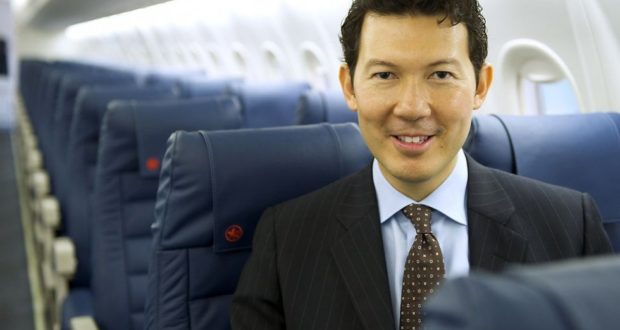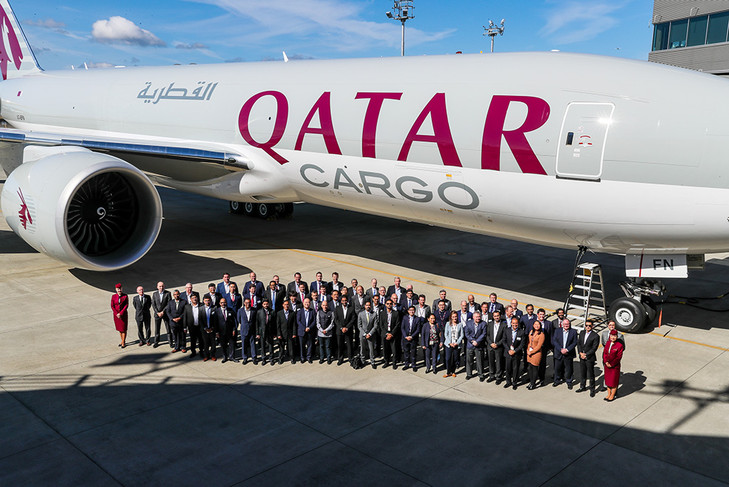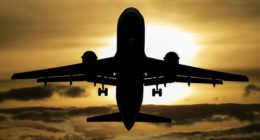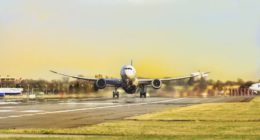Spats between airlines are nothing new. Periodically, UK rivals British Airways and Virgin Atlantic have a go at each other and Ryanair have taken on low-cost competitor easyJet several times. The resultant publicity is good for everyone. But the long standing feud between airlines from the USA and the Middle East is altogether more serious, with allegations flying in all directions. Here’s what you need to know about the bad blood between the two sides.

What is it all about?
Simplifying a complex situation, for the last few years the big American carriers – Delta, United and American Airlines – have taken on the Middle East’s big hitters – Qatar Airways, Emirates and Etihad. While the USA’s Open Skies agreement is supposed to promote fair competition between airlines, the American operators claim that the Middle Easterns are muscling in on their territory. They argue that government subsidies to the tune of $50 billion are giving the ME3, as they are known, an unfair advantage when it comes to pricing. The US3 are hitting back to protect the routes – and jobs – they say are rightfully theirs. Last week, at the US Chamber of Commerce Aviation Summit, United CEO Oscar Munoz was quoted as saying, “Those airlines aren’t airlines. They’re international branding vehicles for their countries.”
Open Skies could benefit everyone
Sir Tim Clark, the CEO of Emirates, has refuted the claims, stating that healthy competition would be good for all parties. He reminds the US3 that the passengers who arrive on his planes would of course be profitable to the domestic market. Citing successful partnerships with Alaska Airlines and Jet Blue, Clark told Business Insider, “It seems to be lost on them that this can work and make everybody happy. For goodness sake, all of the business we bring across (the ocean). Don’t you think they’d want to go other places than Chicago?”

Dirty tricks or unforeseen circumstances?
Things heat up when specialist services are involved. In 2016, Delta’s hub Atlanta Airport was embroiled in controversy when the inaugural Qatar Airways A380 flight from Doha couldn’t access the only gate that was big enough. The reason? A Delta A380 plane was already there. The plane-load of passengers sat on the tarmac for over an hour had to disembark onto buses and be ferried to the terminal for their significantly delayed welcome party. The airport hit back at claims they deliberately obstructed the Qatar Airways flight, saying that the airline had initially told them they would be flying in a smaller Boeing 777. So was it really dirty tricks borne out of desperation or instead administrative issues resulting from a lack of communication?
Rights and responsibilities
In the 21st century, are we happy to accept that national airlines should enjoy privileges over visiting carriers? There are those who argue that local airlines should have the monopoly on certain routes, protecting the financial health of the business and in turn ensuring that local jobs aren’t at risk. Others respond that fair play and healthy competition protect the consumer, keeping prices down and service levels high. The rapid rise of the ME3 and the longevity of the US3 suggest that they are both doing something right. Time will tell whether they are able to work together.

Julia has lived in five different countries during the last 10 years and have biked, hiked and traveled in more than 40 countries. She loves writing about beautiful vacation spots and untapped destinations.









